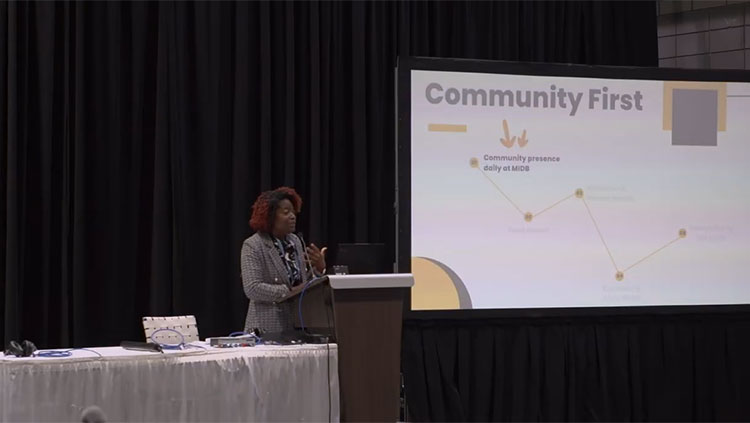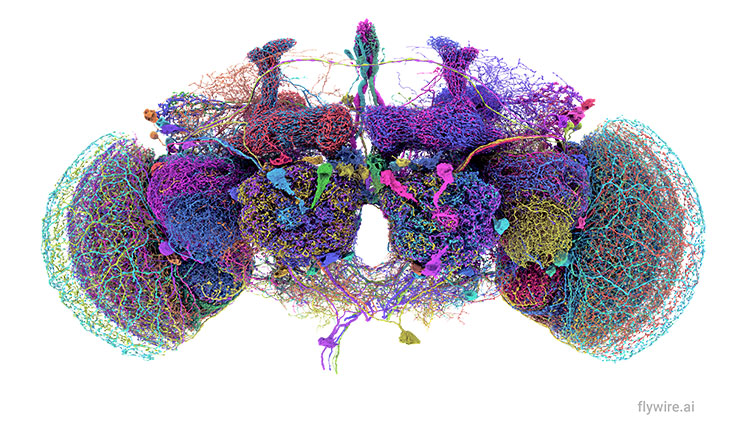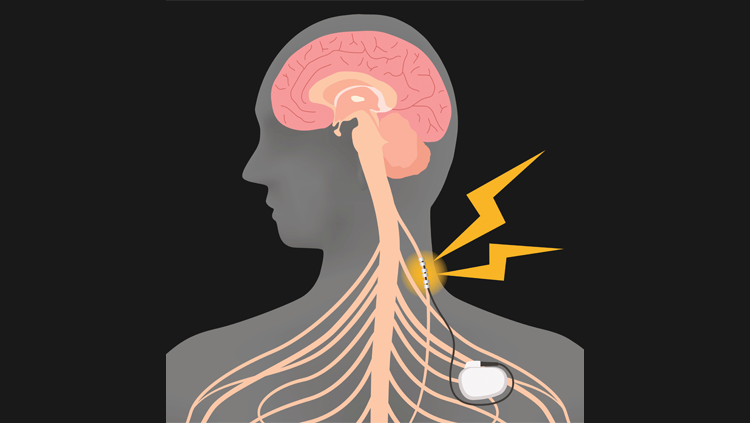Beyond the Brain, David Brooks' op ed in today's NY Times (June 18), argues that Neuroscience will never explain everything.
According to Brooks:
"The brain is not the mind. It is probably impossible to look at a map of brain activity and predict or even understand the emotions, reactions, hopes and desires of the mind."
While his conclusion may, or may not, be correct, his argument is flawed from top to bottom.
A counter-argument goes like this. Can I imagine building and programming a robot that could simulate the behavior that Brooks claims is beyond Neuroscientific understanding?* If I could build this robot, would it be a difficult task to give the robot to an engineer with the problem of "reverse engineering" the robot's brain and behavior?
While I've never built a robot, and I'm only a so-so programmer, the task of building this robot to behave as Brooks asks does not seem overwhelming. I can think of algorithms to do each of the impossible things he cites. If this is successfully done, it will be clear that it is possible to build human-like behaviors purely mechanically.
The reverse engineering problem may be difficult. But it would be foolish for the engineer to say, "This cannot be done. The robot cannot be understood in purely mechanical terms".
The designer of the brain is evolution. Neuroscientists are trying to reverse engineer the brain. We are at early stages. It is intellectually flabby to say, "this cannot be done", when we've only just started. This argument is roughly the equivalent of 19the century creationist argument that the human eye was too complex and perfect to be the product of evolution. Evolutionary biologists have done the reverse engineering. We now know, step-by-step, how the eye evolved.
I am not arguing that Neuroscience will solve the problem of the mind. I'm agnostic. We know too little. The two tremendous hurdles are to understand 'free will' and to understand how it feels to be a human (qualia). I don't know how to build these properties into a robot or how to test for their existence**. But present-day ignorance is not evidence that the task is impossible. Brooks' argument does not advance the investigation or the discussion.
John Kubie
---June 19. Gary Marcus also takes on David Brooks in his New Yorker blog: The problem with Neuroscience Backlash. Some points similar, some different. Is this piling on?
---This blog entry was also posted at my personal site, coronaradiata.net.
* Note. I am going to give this robot a voice, so it can say things like "I am angry" or "I am tired". It will be able to perform computations that result in saying these things at particular times; this is no guarantee the robot will feel angry or tired.
** I highly recommend Susan Blackmore's book Conversations in Consciousness where she interviews about 20 Neuroscientists and philosophers, asking each about free will and qualia. What's remarkable is the uniform responses of modesty and confessed ignorance.
CONTENT PROVIDED BY
BrainFacts/SfN


















